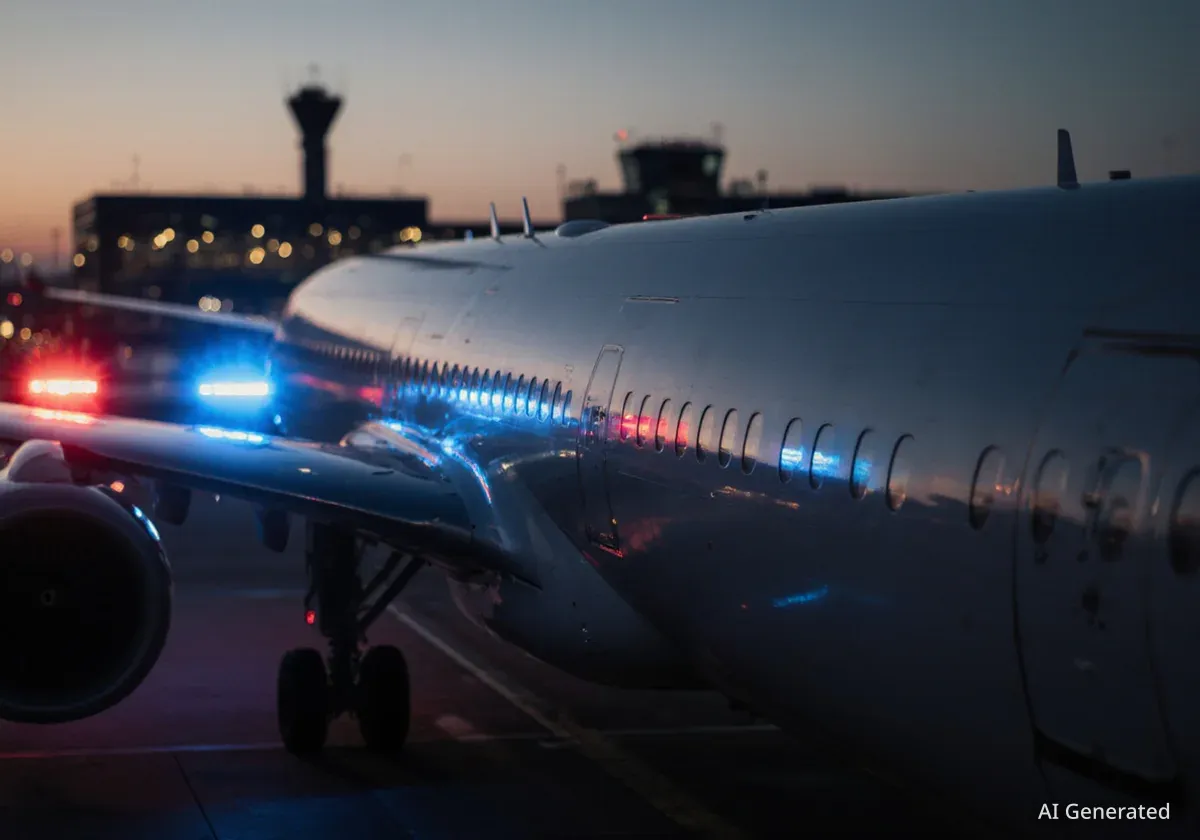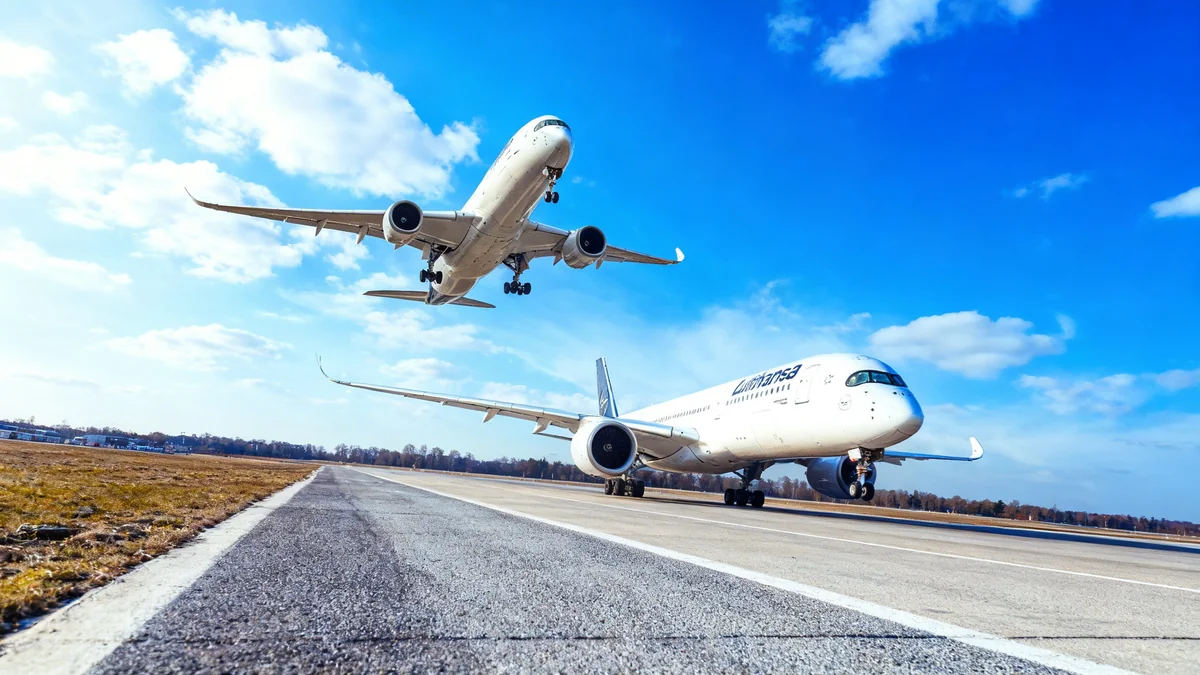Florida is set to welcome its first-ever nonstop air service to East Asia. Japanese low-cost carrier ZIPAIR will operate four round-trip charter flights between Orlando International Airport (MCO) and Tokyo Narita (NRT) in early 2026. This marks a significant development for Florida, which currently lacks direct connections to any East Asian destinations.
The announcement by MCO airport details a limited, temporary operation. These are not permanent routes but rather a series of charter flights designed to test market interest and operational feasibility. The flights will connect two major global hubs, offering a direct link that has been absent from Florida's aviation landscape.
Key Takeaways
- Florida will have its first nonstop flights to East Asia in early 2026.
- ZIPAIR, a Japanese low-cost airline, will operate four round-trip charter flights.
- The service will connect Orlando International Airport (MCO) and Tokyo Narita (NRT).
- This is a temporary operation to assess market demand for future services.
ZIPAIR Connects Orlando and Tokyo
ZIPAIR, known for its unique lie-flat seating that is not classified as traditional business class, will manage these flights. The service will run four times, specifically on February 23, February 28, March 5, and March 10, 2026. This schedule suggests a concentrated effort to gauge demand during a specific period.
Orlando International Airport confirmed the news, highlighting the importance of establishing direct links to global markets. This initiative could open new avenues for tourism and business between Florida and Japan, and potentially the broader East Asian region.
Fast Fact
Florida currently has no nonstop flights to any East Asian location. The upcoming ZIPAIR service represents a significant first for the state.
Flight Schedule and Duration Estimates
While exact flight times are not yet public, the airport has provided estimated arrival and departure windows. Flights are expected to depart Tokyo in the afternoon and arrive in Orlando in the afternoon. Conversely, flights from Orlando will depart in the afternoon and arrive in Tokyo in the evening.
The duration of these flights is also an estimate. Comparing it to existing routes, a similar journey, such as Delta's flight between Atlanta (ATL) and Tokyo Haneda (HND), takes approximately 12.5 hours when traveling from Tokyo to Atlanta and 14.5 hours in the Atlanta-to-Tokyo direction. ZIPAIR's current longest U.S. route, from Narita to Houston (IAH), takes nearly 12 hours eastbound and 14 hours westbound. Therefore, the Orlando-Tokyo route is expected to have a similar flight time.
Understanding Charter Operations and Costs
These flights are classified as charter operations. This means they differ from regularly scheduled commercial flights. The details surrounding pricing and booking methods are still emerging. The airport's press release indicates that tickets will go on sale in early December 2025.
The cost structure for charter flights can vary significantly. It is uncertain if these will be more expensive or cheaper than ZIPAIR's typical fares to the U.S. Usually, round-trip ZIPAIR flights between the U.S. and Japan can be found for a few hundred dollars. Their lie-flat cabin options sometimes cost under $1,000 for a one-way journey.
What is a Charter Flight?
A charter flight is an unscheduled flight not part of a regular airline route. It is typically arranged for a specific group or purpose, offering flexibility in timing and destination. These flights are often used for specialized travel needs or to test new routes without committing to permanent service.
Booking and Payment Considerations
Travelers interested in these flights should note that booking with points is unlikely for charter operations. It is advisable to use a credit card that offers bonus points on airfare purchases. Furthermore, those considering these flights should monitor for potential Amex Offers that sometimes provide savings with ZIPAIR when sales are made directly through the airline.
Potential for Future Expansion
This limited charter series allows both ZIPAIR and Orlando International Airport to evaluate the market's response in a controlled environment. It serves as a trial without the need for a full-scale, long-term operational commitment. The success of these four flights could significantly influence future decisions regarding permanent direct service between Florida and East Asia.
The absence of direct flights to East Asia has long been a gap in Florida's international connectivity. This unique operation could pave the way for more extensive air links, benefiting tourism, trade, and cultural exchange. The aviation industry will closely watch the performance and public interest generated by these inaugural flights.
"This is a strategic move to assess the demand for direct connectivity to a crucial global region. We are optimistic about the potential for future expansion based on the success of these charter services."
The outcome of these flights in early 2026 will be a key indicator for whether Florida will eventually secure regular nonstop service to East Asia. It marks an exciting, albeit tentative, step forward in bridging a significant geographical and cultural distance.




